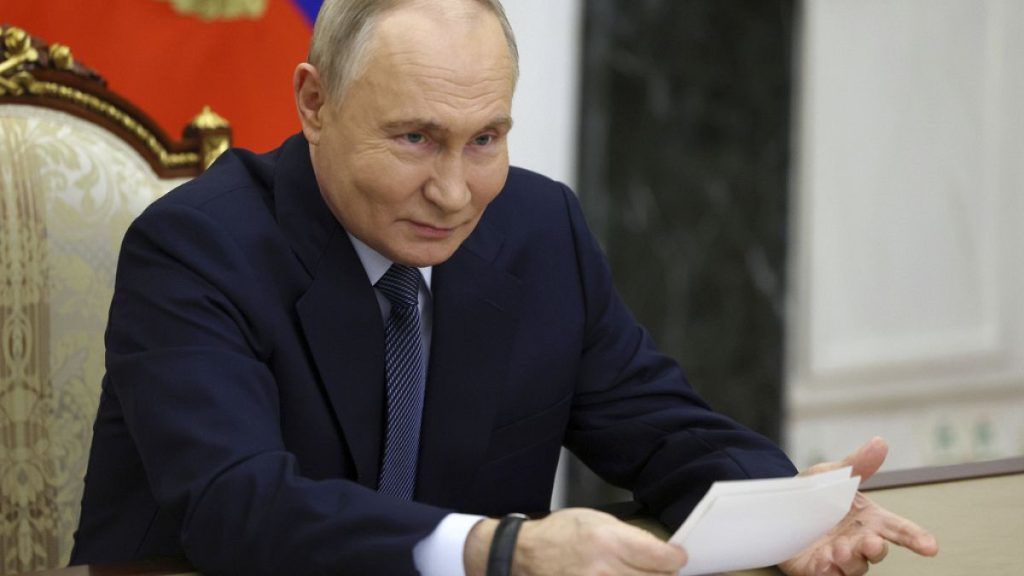In a significant shift in Russian policy, President Vladimir Putin has enacted a new law that prohibits individuals from countries where gender transition is legally recognized from adopting Russian children. This measure, part of a wider campaign against what Putin and his supporters refer to as the West’s “satanic” values, also includes legislation that bans the dissemination of materials that advocate for child-free lifestyles. The aim of these laws is to counter what the Kremlin perceives as a threat to traditional values by discouraging the adoption of Russian children by foreign citizens, particularly from at least 15 European nations, as well as Australia, Canada, and Argentina. This aligns with broader efforts to reinforce conservative values within Russia while curtailing the rights and freedoms of sexual minorities.
The recent legislative changes have garnered support from prominent Russian officials, such as lower house Speaker Vyacheslav Volodin, who argued that the welfare of adopted children should be protected from perceived dangers associated with gender reassignment. The introduction of these laws follows a series of measures that have restricted the rights of LGBTQ+ individuals, further entrenching conventional values. In fact, the ban on adoptions for people from countries that acknowledge gender transitioning echoes previous restrictions on adopting Russian children by U.S. citizens, which were enacted in 2012.
The situation for transgender individuals in Europe varies significantly, according to a report from the Council of Europe. A select group of countries, including Austria, Belgium, and Sweden, provides comprehensive access to gender-affirming care without imposing stringent requirements. Conversely, many other countries grant only partial access to such healthcare, while 14 nations exhibit minimal to no accessibility to gender transition services. In stark contrast, Russia has limited transgender individuals’ rights through laws that not only prohibit gender transition medical procedures but also classify LGBTQ+ organizations as extremist.
Putin’s legislative actions underscore a broader campaign against perceived Western influence and liberal ideologies. The Russian government has increasingly promoted traditional family values as a response to declining birth rates and the desire to reinforce a distinct national identity separate from Western cultural norms. In this context, Putin has publicly encouraged larger families, with statements suggesting women should aim to have as many as eight children. Coupled with the ban on gender-transition procedures, this rhetoric is an attempt to bolster demographic growth and a more traditional societal framework.
Furthermore, the crackdown on LGBTQ+ rights and the dissemination of any material that might undermine traditional family structures fits within a larger narrative propagated by the Kremlin. Since the onset of the Ukraine conflict in February 2022, Putin has intensified his characterization of western ideologies as threats to the Russian state. The government has also launched a campaign against independent journalism and dissenting views, designating hundreds of NGOs and individuals as “foreign agents.” This classification has repercussions, restricting funding and subjecting these entities to greater scrutiny, which stifles public discourse.
In summary, the new adoption law, along with complementary legislation targeting LGBTQ+ rights and child-free advocacy, reflects a concerted effort by the Russian government to reinforce traditional values while isolating the country from Western ideologies. By implementing these laws, Putin seeks to manage the narrative surrounding family and identity in Russia, positioning traditionalism as a bulwark against external influences that threaten societal cohesion. This legislative trend illustrates a broader strategy that combines domestic social policies with geopolitical positioning, effectively using family and reproductive norms to cultivate a specific national identity amidst rising Western critique.














